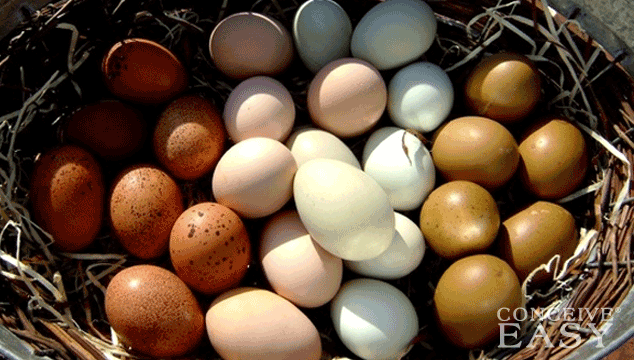Age. It’s possibly the most important factor affecting fertility for women. Getting older means less of a chance of getting pregnant, or having to wait a longer time to get pregnant. No one wants that. So, what are the real issues associated with getting pregnant as you get older? Read on to find out more. Claim Your 20 Free Pregnancy Tests – Click Here

Everyone knows that for women, the optimal time for getting pregnant is in your twenties. For those that subscribe to astrology, they can use astrology to determine the best time to get pregnant – and for most sun signs, it is in your 20’s. Your body is in prime shape and condition, and the eggs that your body has are the freshest and highest quality.
At this point in your life, your body is simply the most primed for getting pregnant. As you get older, getting pregnant will become harder and will not always be as easy. Other risks can be associated with pregnancy later in life as well, so the 20’s are just naturally the best time. However, women in their 20’s are often not ready to start a family. They might still be looking for a partner, they might be focusing on college and career, or they might not be financially stable enough to start a family so early.

Getting pregnant in your early 30’s is usually pretty easy. It is comparable to pregnancy in your 20’s, perhaps with a smaller increased risk of complications like gestational hypertension or gestational diabetes. For the most part, fertility in your early 30’s is still very prime. However, once a woman approaches age 35, that fertility window begins to quickly close.
Once a woman hits age 35, her fertility sees a steep drop off, a quick decline. The body has used up the majority of the best eggs by this time, and will begin using up the less than perfect eggs. At age 39, a woman has only half of the fertility left that she had at age 31. By the age of 42, that number is cut in half again. As many as one in four women age 35 or older have a hard time getting pregnant.

By age 40, many women are beginning the end of their childbearing years. The body has used up all of the best quality eggs, and the less than optimal eggs are the ones that will be used during the 40s. This is why women in their 40s have such a higher chance of chromosomal abnormalities, like Down Syndrome.
When a woman is about ten years out from menopause, she stops being able to conceive naturally, however, there is no way to tell just when this change will occur. Getting pregnant in your 40’s is very hard, and most women will have extremely hard times conceiving at this point in life. However, assisted reproductive technologies like IVF make this a much easier task for women who wish to conceive after age 40.










Comments